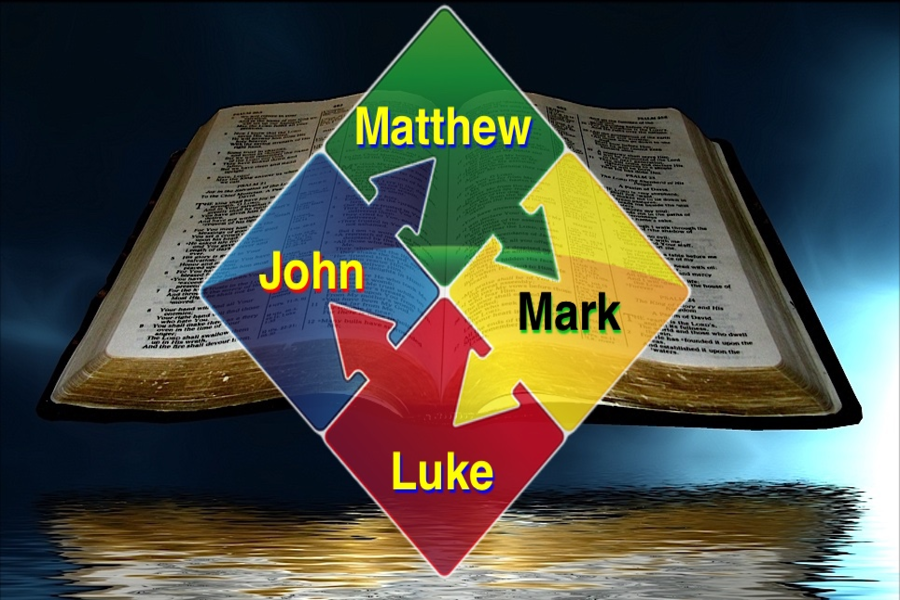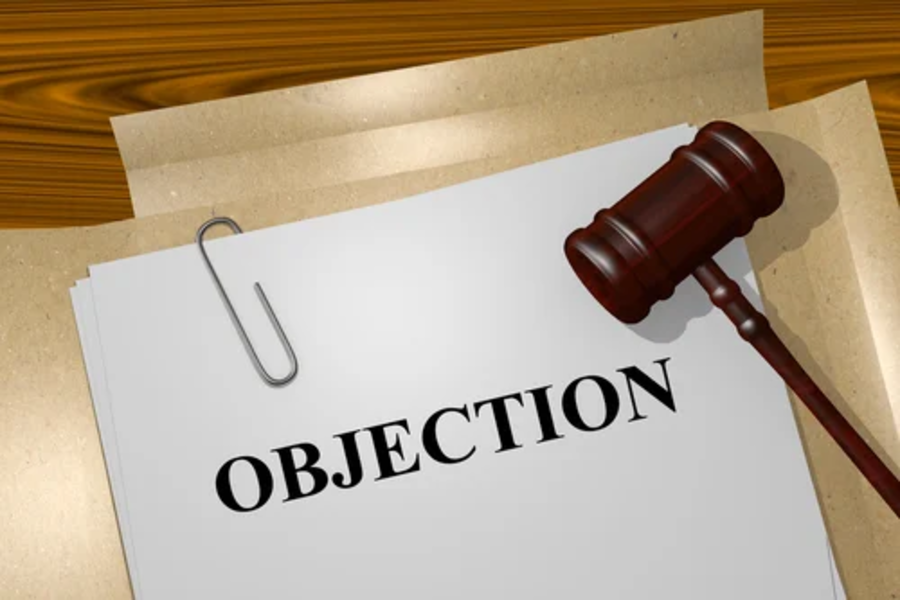Defending Inter-Synoptic Undesigned Coincidences: A Response to Kurt Jaros
Jaros does not seem to appreciate the value of casualness. He fails to understand how an undesigned coincidence can occur in the same document, or how a writer might provide information that unintentionally corroborates (in a manner that can be detected) some fact that the said author is also aware of.
Defending Inter-Synoptic Undesigned Coincidences: A Response to Kurt Jaros Read More »









